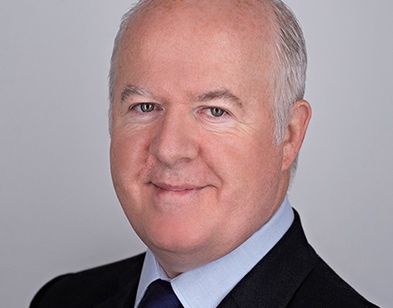A new study provides strong evidence that demand for regulated advice in the run up to retirement is only going to grow in the coming years.
The report from retirement tech firm Dunstan Thomas reveals some concerns too but I’ll come to those later.
According to the report, the rising demand for advice is being driven partly by the growing complexity of retirement choices and changes in what people want to do with their retirement incomes.
The survey found that a quarter (25 per cent) of Baby Boomers (aged 58-75) plan to or have already used regulated financial advice to understand more about their pensions before they fully retire.
The report revealed that 46 per cent of those with DC pensions, including SIPP holders, had sought or would seek financial advice about their pension before they retire. With an estimated 18.6m people invested in non-hybrid, Master Trust-style DC pensions (source: DWP) it is already a huge market.
Interestingly, the study uncovered advice ‘hotspots’ of high demand for regulated advice on the run up to and in retirement, including setting affordable drawdown rates, optimising retirement income, Inheritance Tax Planning and advice on equity release and downsizing.
Many of these topics will be very familiar to Financial Planners who stand only to gain from this burgeoning demand for professional advice. Making this advice affordable and accessible to millions is probably the biggest challenge.
The report also highlighted many concerns pre-retirees have and some changing attitudes on uses for retirement income.
We’ve seen many recent reports talk about people retiring early during the pandemic - the so-called ‘Great Resignation’ or ‘Great Retirement’ as some have dubbed it.
As it turns out this could well be called the ‘Great Sacking’ if the report's data is correct.
It seems many older workers were made redundant, despite furlough schemes, so the ‘Great Retirement’ for many was somewhat involuntary it seems. Many were forced to find lower paid jobs. Indeed it may well be known eventually as the ‘Great Temporary Retirement' if the report is right as many had no intention of retiring completely.
Many in their late 50s or early 60s just found themselves out of work rather than retired. It seems likely to be me that many tapped retirement income early because they were simply short of cash at an unexpectedly early stage in their lives.
The report suggests in fact that many Baby Boomers want to work for longer, into their 70s in many cases. Some will be making up lost income.
Lack of retirement income is a key factor in driving a desire to work for longer but there is also a more personal reason for retirees to seek a paid job - to help younger family members cope with the strains on their incomes and perhaps also help them to get on the increasingly pricey housing market.
This desire to help hard-pressed family members is likely to grow over the next 12-24 months amid the pressures on household budgets caused by rising costs. Many younger retirees may well find themselves scouring the jobs boards.
• Register now for Financial Planning Today website to access more stories and learn more about our upgrade options, including the highly respect Financial Planning Today magazine.
This column is taking a short but well-earned break over the summer and will return in September.

